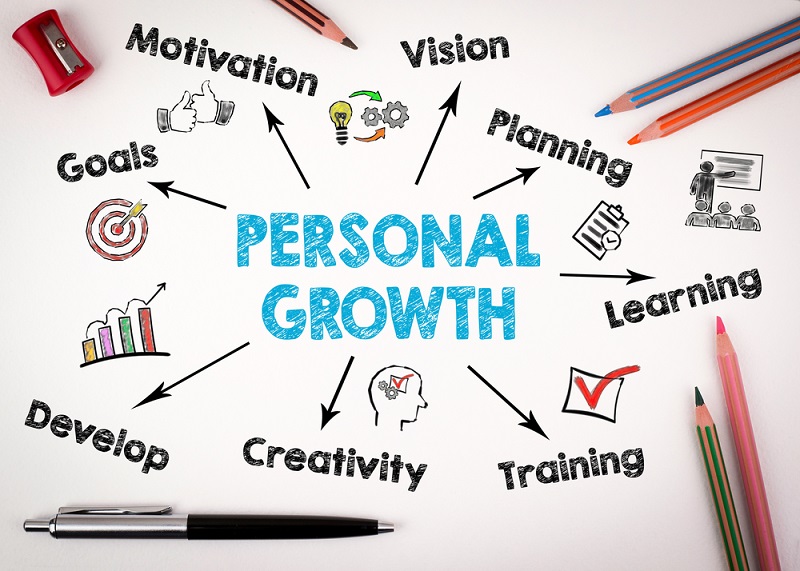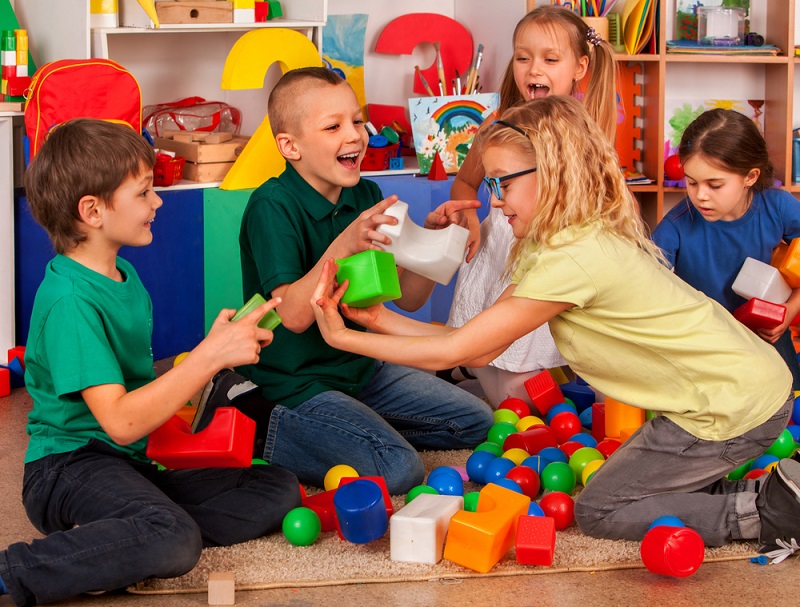Academics help children achieve good grades, infuse discipline and learn teamwork; it gives them the sense of achieving goals. Academics connects history with reality, however teaching life skills for kids is equally important as it teaches them to be organized and to multi-task. It helps them shape their goals and develop informed and reasonable thinking towards life’s decisions.
Early age life skills for children helps to develop important life skills such as improved personality, accessibility and the ability to meet social norms. Teaching kids life skills helps them deal with stability in a variety of realistic situations.
Life skills for children should have a variety of learnings, importantly keeping it real time and as per our experiences with social etiquettes, this would have added benefits in developing young minds. Teaching life skills for kids such as communication skills, creative thinking and decision making can develop important life skills early on helping them with critical and analytic thinking.
These important life skills engrave leadership and healthy thinking mentality, which is the trait we must endure to achieve life’s challenges and economical values. Critical and analytical thinking embarks the beginning to young voices that bring about the change in society and enduring the values of our communities.
Additionally, providing types of life skills for children of all ages such as awareness and empathy help develop life skills such as coping with stress and decision making. Teaching kids life skills should be included and be made a priority because with the go-getter era that we live in comes with an abundance of challenges and channelizing this would improve creative thinking.
Teaching life skills for kids such as awareness and empathy will help them achieve a much better sense of decision making. As awareness will develop life skills which will let them be aware of the surroundings before they can get into the real world. Empathy is a skill we are born with, but it must be inculcated in daily activities which will help kids learn and prioritize a skill that will bring about the much needed change in the new and modern world. These important life skills will encourage our kids to be more confident and be ready for the challenges that life has to offer.
Life skills for kids must have the certainty that will promote good and stable mental health. Making our children self-sufficient by diverting their thoughts and energy in building a world that accommodates creative thinking and problem solving. As we get into a more digital and fast livelihood it is important that we ensure our children have real time problem solving capability on topics that will give them a better place to live. Important life skills like creative thinking will bring out the best in futuristic aspects, to develop life skills that need to be made the aspiration of every growing child we must ensure we teach kids academic and life skills.
Creative thinking will make children learn the ability to find the talents that endure livelihood and that could become one’s source of empowerment. Whereas teaching life skills for kids such as communication and decision making will promote empowerment and sustainability. Communication as a life skill for children will help them think over problem areas and help them speak for themselves. As a community it is natural to have a thought about something we want to change but speaking about it does not come naturally. To develop life skills like communication it is very important to make children a part of big and small forums and help them to speak about areas of opportunity. Doing so will make our younger generation a very confident and outspoken society, thus bringing leadership and empowerment in kids at a very early age.
There are many ways to communicate, and it is important that we make sure our kids learn about it. One of the most important life skills for kids should be interpersonal communication. This will help them learn and understand verbal and nonverbal cues. Exchanging or passing information verbally is human nature but understanding the cues behind nonverbal communication can teach young minds the difference between situations that need words and the times they do not. Interpersonal communication skills can help achieve personal goals.
Teaching kids life skills that distinguish and outline characteristics with interpersonal communication is important. Helping them understand the difference between self-disclosure or revealing personal thoughts, making personal choices and inescapable situations will only allow them to be independent individuals. It is an important life skill to teach our kids, reflections on emotional and rational thinking. This will help them curb the difference between age old technologies and new creative thinking.
As a community we need to ensure our children attribute and develop life skills that give them the confidence to speak in public, be aware of body language and have control over presentations. Negotiating with best practices has never led anyone to bring the change or be the change they have to, hence the very enthusiastic era that we live in today needs to be well prepared for new challenges and changes at every curve of life.
Body language is another skill we must all inculcate in our daily routine. It helps with immense confidence. Having a skill like that would indulge in self-control over feelings and personal thoughts. This will benefit in shaping all of the life skills for children, making them very confident and ready for the world.
We could go on with the reasons why Teaching Life Skills for Kids is as important as Academics. We could have hundreds of discussions but it will not change the fact that life skills have to be an important addition to our children’s learning.
Here at EuroSchool we help carve the sense of empowerment and responsibility, bringing the urge to lead in their choice of areas. So letting our children choose their paths list being very confident about their surroundings by creating awareness. Helping them lead with empathy and creating a platform for kids to think over and beyond their accessibility.










